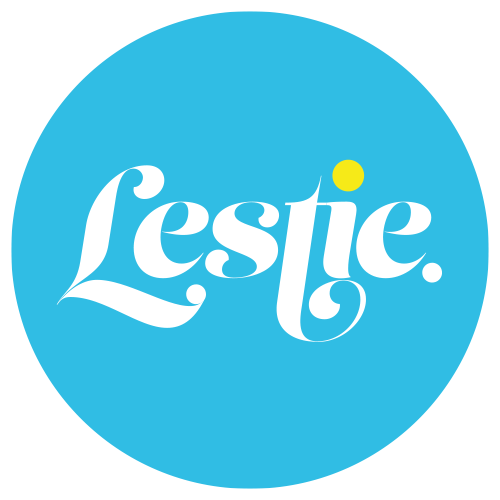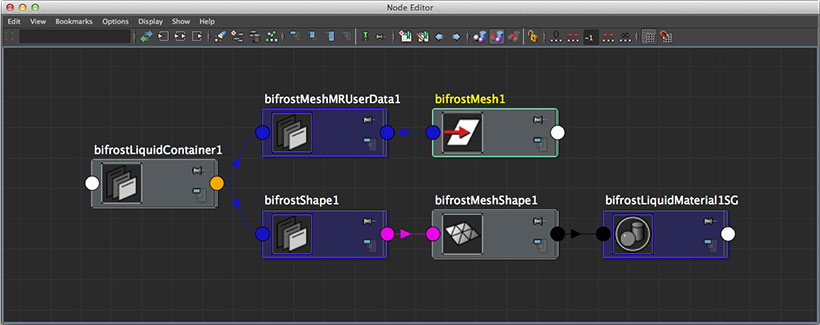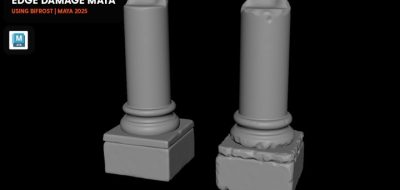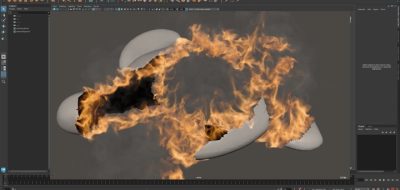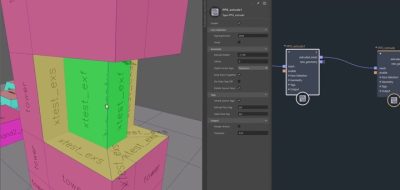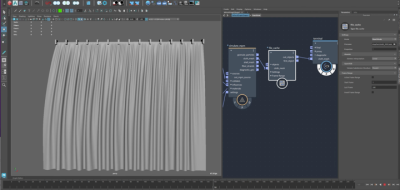The Maya Learning Channel posts a look at creating a Maya Bifrost simulation showing you the basics to the Bifrost workflow by walking through building a costal ocean scene to experiment on.
how to use Bifrost to create a basic water simulation
Maya Bifrost is the procedural effects platform that came out of the Autodesk Naiad acquisition. Bifrost has since been integrated into Autodesk Maya 2015 for creating massive photorealistic fluid simulations, allowing you to interactively view the simulations in the viewport under Maya’s Viewport 2.0.
The tutorial will cover the basics for creating a body of water using Maya Bifrost, and then moves on to creating varying intensities of waves, starting with traditional lapping ocean waves, then moving on to something a bit more dramatic. The scene files are provided for this Maya Bifrost tutorial so you can follow along [direct link].
Going Further using Maya Bifrost
If you want to look at a more advanced Bifrost tutorial, Daryl Obert had a look at some ways to get Bifrost Simulation data rendering for post compositing passes. You are able to write out an Alembic file from a Bifrost simulation in Maya that will have color information applied. In this case, it would be velocity and vorticity information that is written out with the file.
